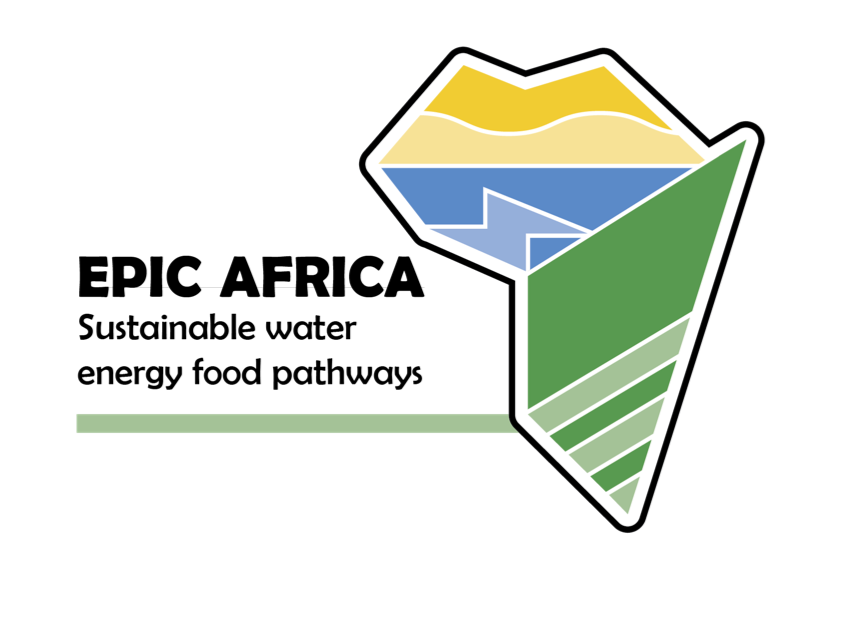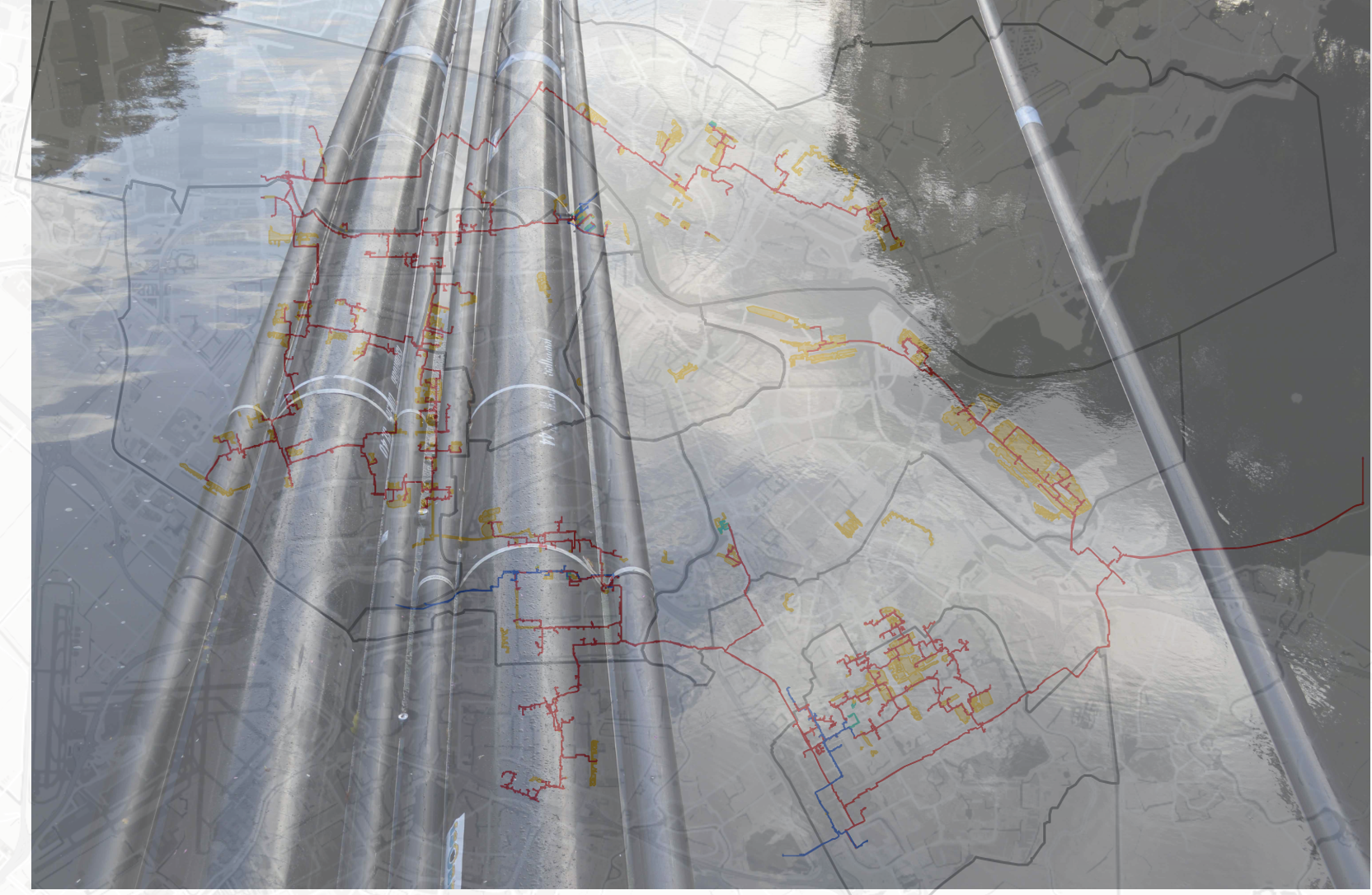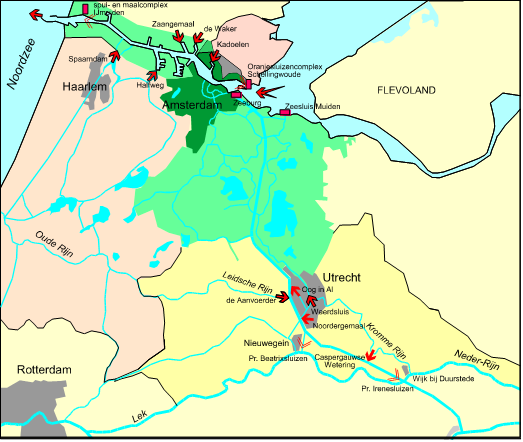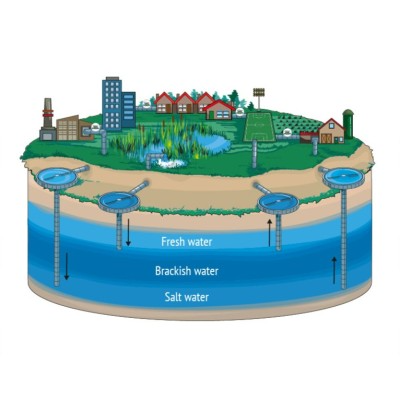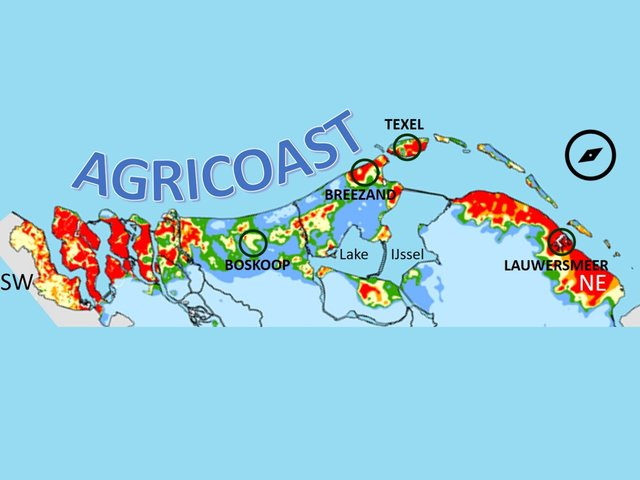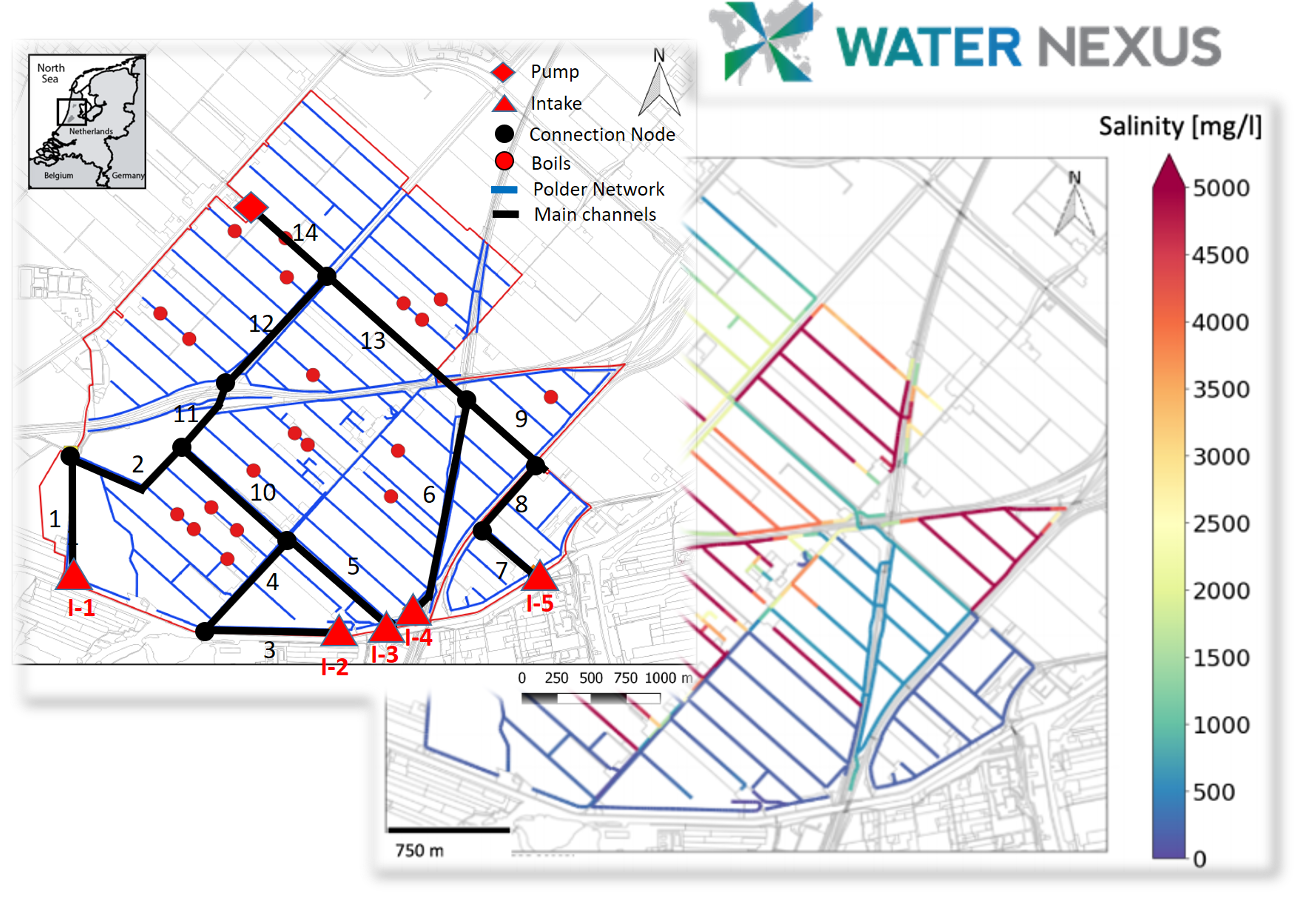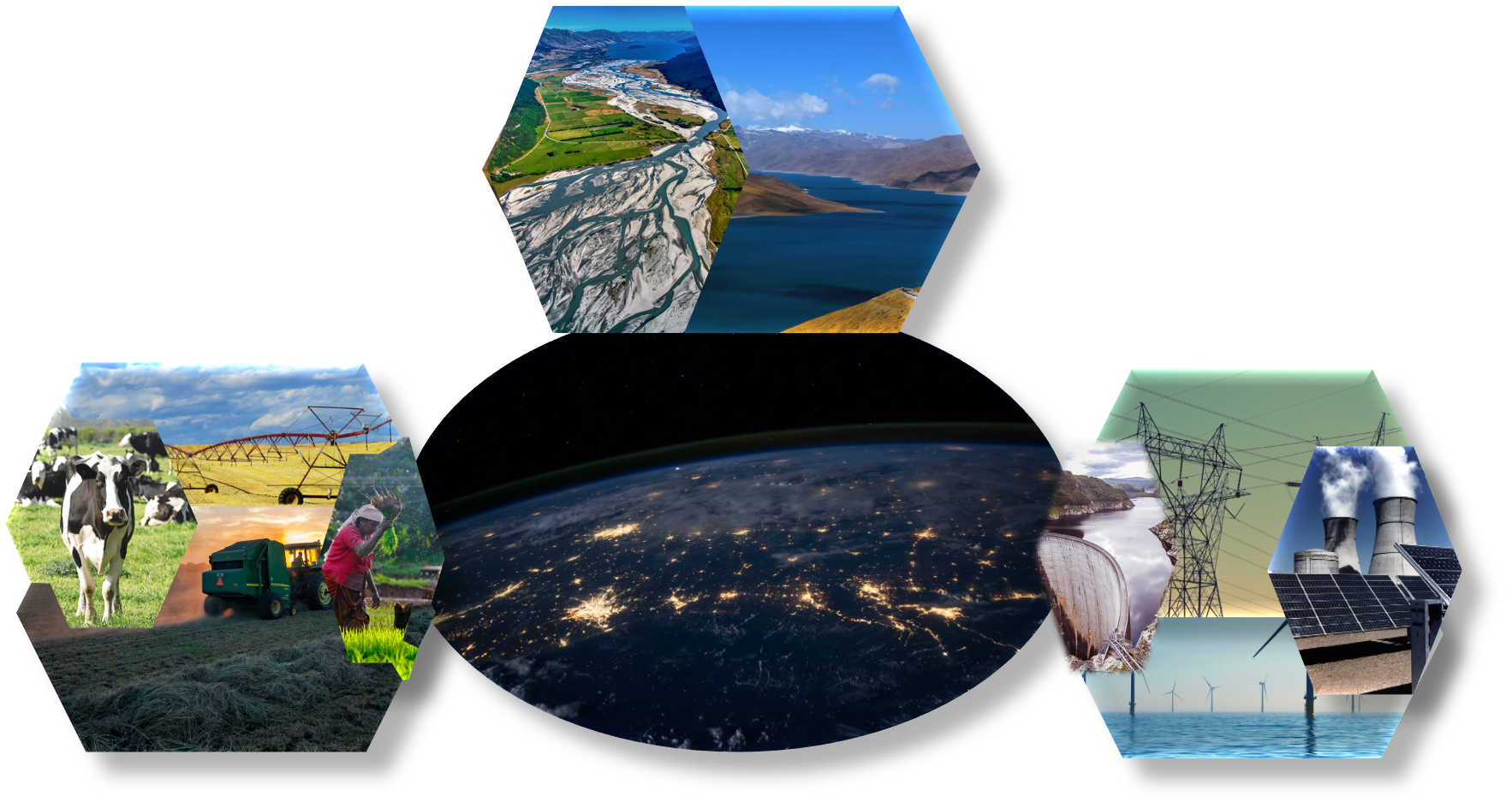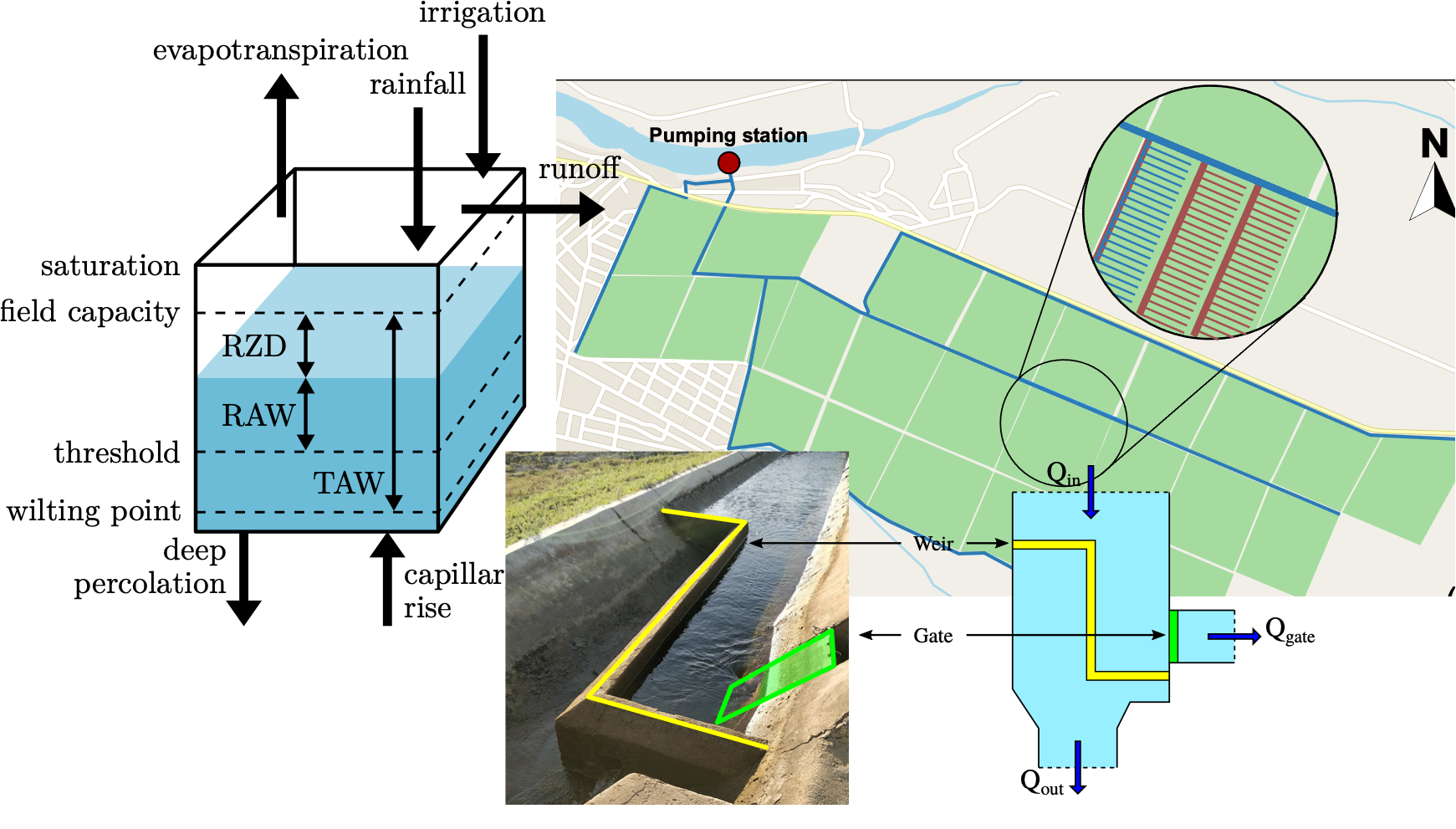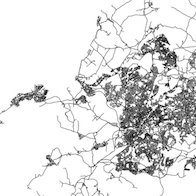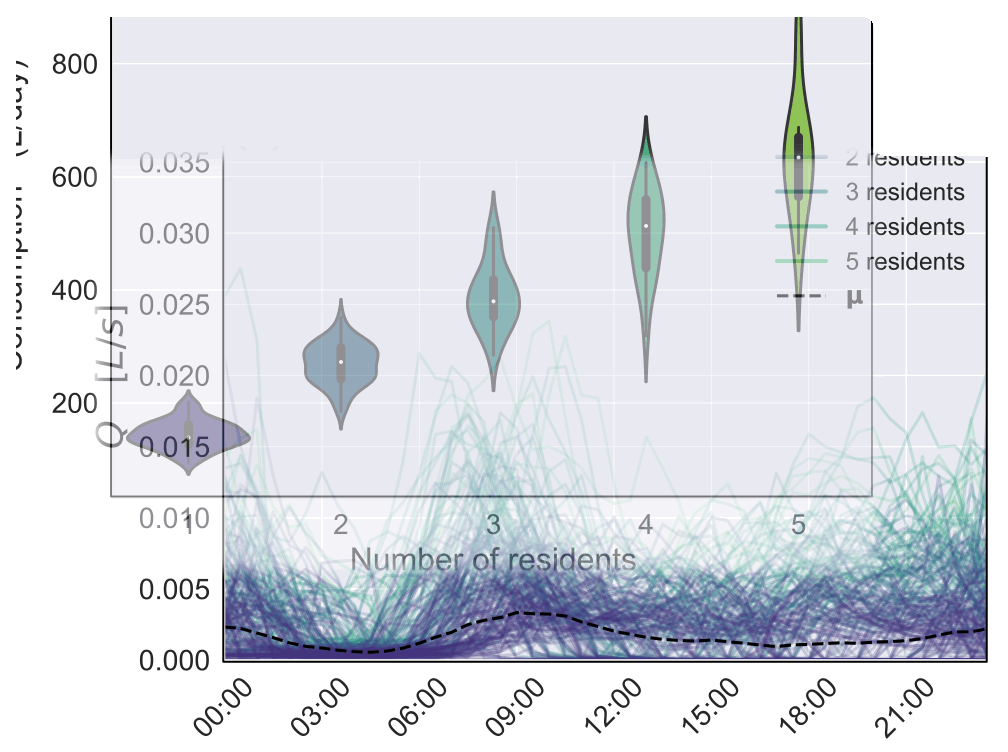Research and Projects
My research spans control & systems engineering, mathematical optimisation, as well as water systems at different scales, to work towards innovative decision support solutions in water management. My research projects include water allocation and optimising irrigation scheduling using novel agro-hydrological models and remote sensing, optimising the economics and social resilience in the energy transition of space heating, the control of flood defence infrastructures in the Netherlands for smart grid regulation, controlling water loss in urban drinking water systems, and optimising nascent water infrastructure using water-food-energy-land nexus models (eg. in the context of SDGs). All these make use of advanced mathematical methods as well as sector specific knowledge, with some interaction with social sciences approaches.
These are explored in ongoing and completed projects below.
EPIC Africa: Energy Planning and Modelling through Integrated Assessment of Climate-Land-Energy-Water Nexus in Sub-Saharan Africa
EPIC Africa develops operationally verifiable water-energy-food nexus models for long-term energy infrastructure planning, considering climate impacts and multi-sectoral transition management with stakeholders.
ENLARGE: Decision Support for the Urban Food-Water-Energy Nexus
How to support the development of sustainable future cities? ENLARGE aims to develop decision support tools that allow the optimisation of urban food-energy-water (FEW) nexus systems to synergistically deal with cost benefit, resilience and social equity concerns in infrastructure transitions. This project has received funding through the Sustainable Urban Global Initiative (SUGI) call which has been made possible by the Belmont Forum, JPI Urban Europe and the European commission.
Optimising pumping in the Dutch Delta, blue storage and the green energy transition
In this TKI Water Technology project, we explore how water infrastructure in the Dutch delta can contribute to the energy transition with novel models ‘demand response services’ and robust control of pumping infrastructure.
AquaConnect: Key technologies for safeguarding regional water provision in fresh water stressed deltas
The AquaConnect research program (lead by WUR) focuses on technological solutions that enable the Netherlands and other delta areas to become self-sufficient in freshwater supplies. My work within AquaConnect focuses on quantitative methods to optimize new water infrastructure, which is necessary in order to match supply and demand in future and implement cost-effective, resilient and more flexible water supply systems.
AGRICOAST
Climate-resilient agriculture in the Dutch salinizing coastal delta: innovative water management, adaptive agriculture, and promising transition pathways (AGRICOAST). Future proofing agricultural polder water management through optimal control and design.
Water Nexus
Model Predictive Control (MPC), optimal sensor location and state estimation for agricultural polder networks to manage water levels, salinisation and fresh water use.
Maximizing Water-Food-Energy Nexus Synergies at Basin, National and Regional Scales
Using a hard-linked nexus optimisation framework, we integrate the operational planning of water, energy and food (WEF) resources to alleviate reseource security concerns (eg. in transboundary basins) and for long term energy and agricultural planning to meet sustainable development goals.
Model Predictive Control for Large Scale Precision Irrigation
In this work, we develop algorithms for seasonal water allocation as well as optimal control of daily irrigation over multiple fields to maximise seasonal yield (water productivity), considering many factors like different crop stages, restrictions on seasonal water volume, available machinery (e.g. sprinklers), and human operators. We proposed methodologies to reduce this complex problem into separable optimal control problems that are feasible to solve.
Optimising Drinking Water Network Operations: Control, Fault diagnosis and Design
My work on Drinking Water Distribution Networks explores demand modelling, sensor and actuator placement and operational optimisation for water loss reduction and water quality management.
DAta-driven Stochastic Hydraulic models of water distribution systems
Together with the MSC Fellow ([Dr. David Steffelbauer]), we explore stochastic demand models for drinking water systems.
For more details please also refer to Publications.

